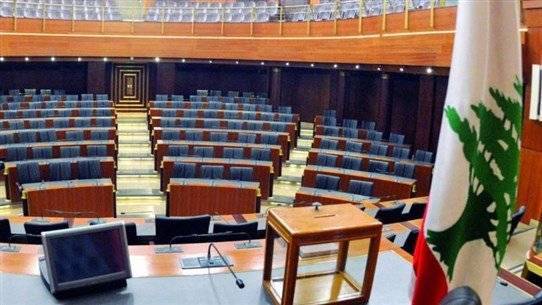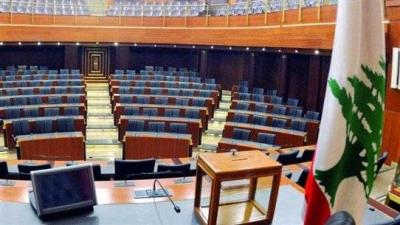The results of the electoral ballots in the Western Beqaa - Rashaya district were contrary to all previous expectations, which had restricted the competition to the Maronite and Greek Orthodox seats. The surprise was the breach of the "Sahlna and the Mountain" list by the Sunni seat through Yassin Yassin, the exit of MP Mohammed Al-Qaraawi, and the loss of Eli Al-Ferzli to the member of the independent national decision list, Professor Ghassan Al-Skaf. Al-Skaf’s electoral battle concluded alongside member of the Democratic Gathering bloc Wael Abou Faour and Al-Qaraawi as an independent figure, leaving open the question of his position within the new parliamentary balances, and whether he would join a specific bloc.
Al-Skaf confirmed, in a conversation with MTV, that he is independent and ran for elections as an independent without any previous or future commitments, noting that "work inside the Parliament requires cooperation, and if there is any format in the council that embodies Lebanon's pluralistic spirit akin to the area he hails from in the Western Beqaa, then I could be part of a specific bloc."
While he revealed that communications are happening with him, he clarified that he has not made any decisions yet, emphasizing, in response to a question, that the members of the Democratic Gathering bloc are his friends, but no formal invitation has been directed to him from the bloc to join.
Regarding the proposals that would be his priority in the Parliament, Al-Skaf stated: "My first proposal will be to change the electoral law, as it is a sectarian law that has caused a vertical rift in the country and could lead to problems we are better off avoiding." He added, "The second proposal is the necessity of reform, especially in the electricity sector, along with addressing the needs of the people in healthcare, medicine, and education."
But will the circumstances help to pull Lebanon out of this collapse? Al-Skaf answers: "Lebanon's economy does not require a long time to grow; rather, there needs to be a restoration of the people's trust in the rulers and the resumption of Arab and international trust in Lebanon," stressing the need for judicial reform and the end of judicial islands to attract investors back to the country.
However, the entry into the new parliament seems likely to be marked by intense battles, the first over the presidency of the council and the second over the position of deputy president. So where will Al-Skaf stand, and could he be the solution in his representative position for the Greek Orthodox community and his independent stance for the election of the Deputy President of the Council?
Al-Skaf revealed that there have been initial communications regarding this matter, but he reminded that the position of Deputy President of the Council historically belonged to the Western Beqaa and Rashaya region, since the time of President Michel Maalouli and afterwards President Eli Al-Ferzli, adding, "This region is deprived and should be recognized at this level."
In response to the question of whether he would nominate himself for this position, Al-Skaf confirmed that he is not nominating himself but would have no objection if nominated for this task. Amidst the anticipated struggle between the Free Patriotic Movement and the Lebanese Forces, and awaiting the position of the change forces regarding the potential nomination of Melhem Khalaf, could Al-Skaf be the way out and become President?
Nader Hijaz - MTV Website




